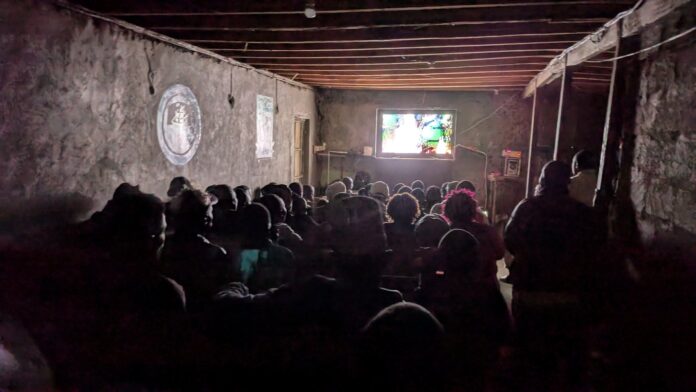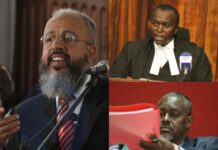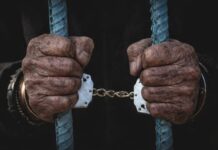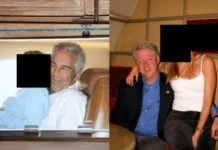Written by Lisa Murimi
A chilling wave of fear is sweeping through Mukuru slums, where human rights defenders are bracing for what they fear is state retaliation.
Activists from the Mukuru Community Justice Centre have been summoned by the Directorate of Criminal Investigations (DCI) to appear at Embakasi Police Station on Monday, May 12, at 11:00 am.
Their crime? Speaking out.
Coordinator Anami Daudi confirmed the summons and revealed that detectives have labeled him a “threat to security” without further explanation.
“Yes. It is true we have been summoned by detectives. They have just told me I’m a threat to security without elaborating further,” said Daudi.
The organisation suspects the summons are linked to their role in the BBC documentary Blood Parliament, which exposed brutal crackdowns on protestors opposing the 2024 Finance Bill.
“We suspect it can either be because of our scheduled campaign to ask for justice for the Kware bodies or because some of our members were trained citizen journalists working for Sema Ukweli Kenya during the Gen Z protests of 2024, and they are being suspected of working with the BBC,” posted the lobby.
The community fears that their fight for justice over the mass dumping of bodies in Kware, and their grassroots reporting during the Gen Z protests, has made them targets.
On their X page, the organisation wrote, “We are being punished for telling the stories that needed to be told.”
This comes just days after four young filmmakers linked to the same documentary were arrested and charged under the Computer Misuse and Cybercrime Act, 2018.
They now face the possibility of a 10-year sentence or a Sh20 million fine—despite the BBC denying any formal link.
Inspector Kinyua also claimed that the content shared on the platforms is “dangerous” and could provoke unrest among the public, while also tarnishing the reputation of independent constitutional offices.
“The respondents have caused unwarranted reputational damage, which is likely to tarnish the integrity and image of the institutions and continue to subject them to irreparable damages and pose a security risk,” he told the court, without naming the affected institutions.
The message is clear: telling the truth in Kenya can cost you your freedom.
But in Mukuru, they refuse to be silenced.



















